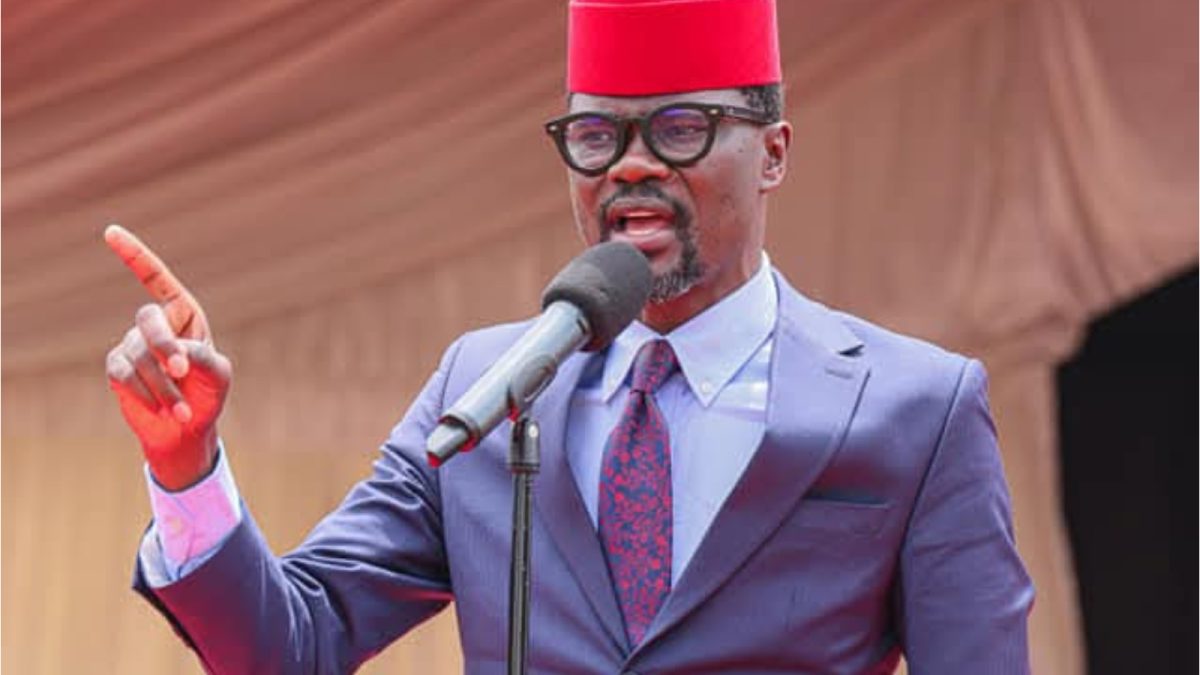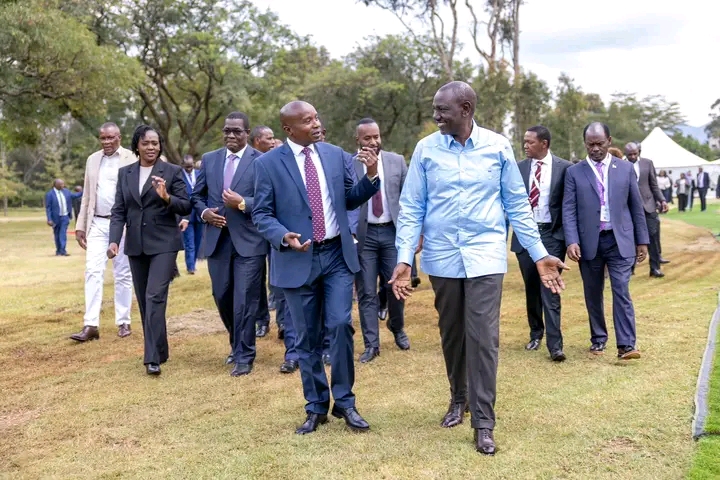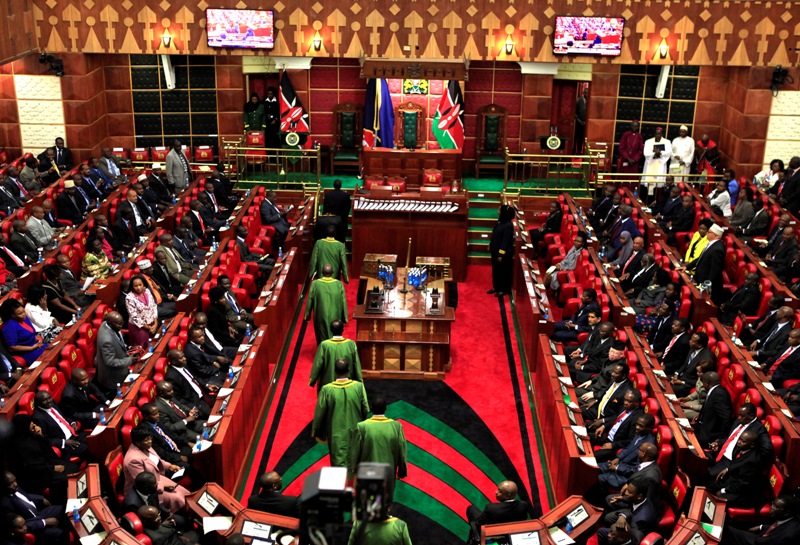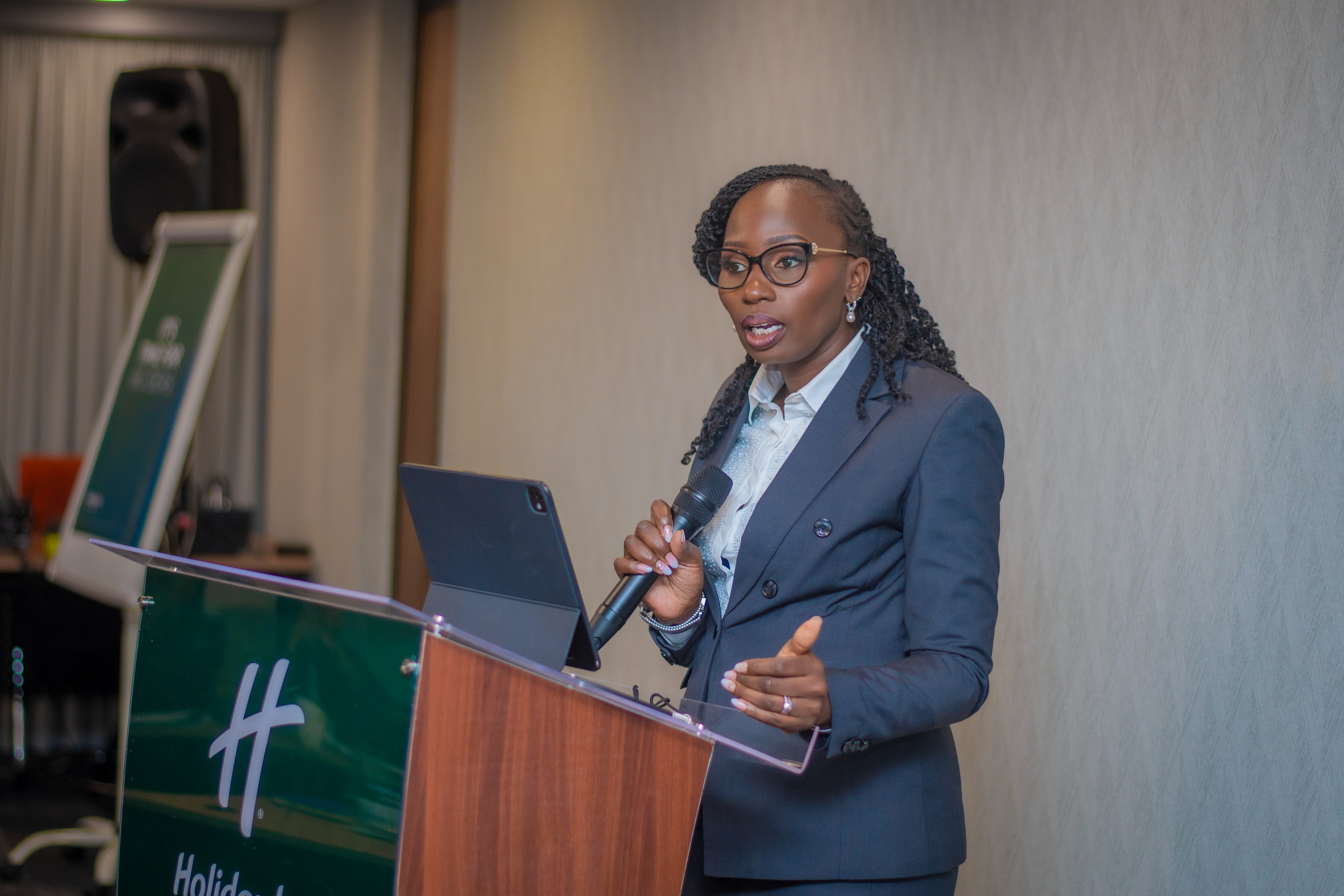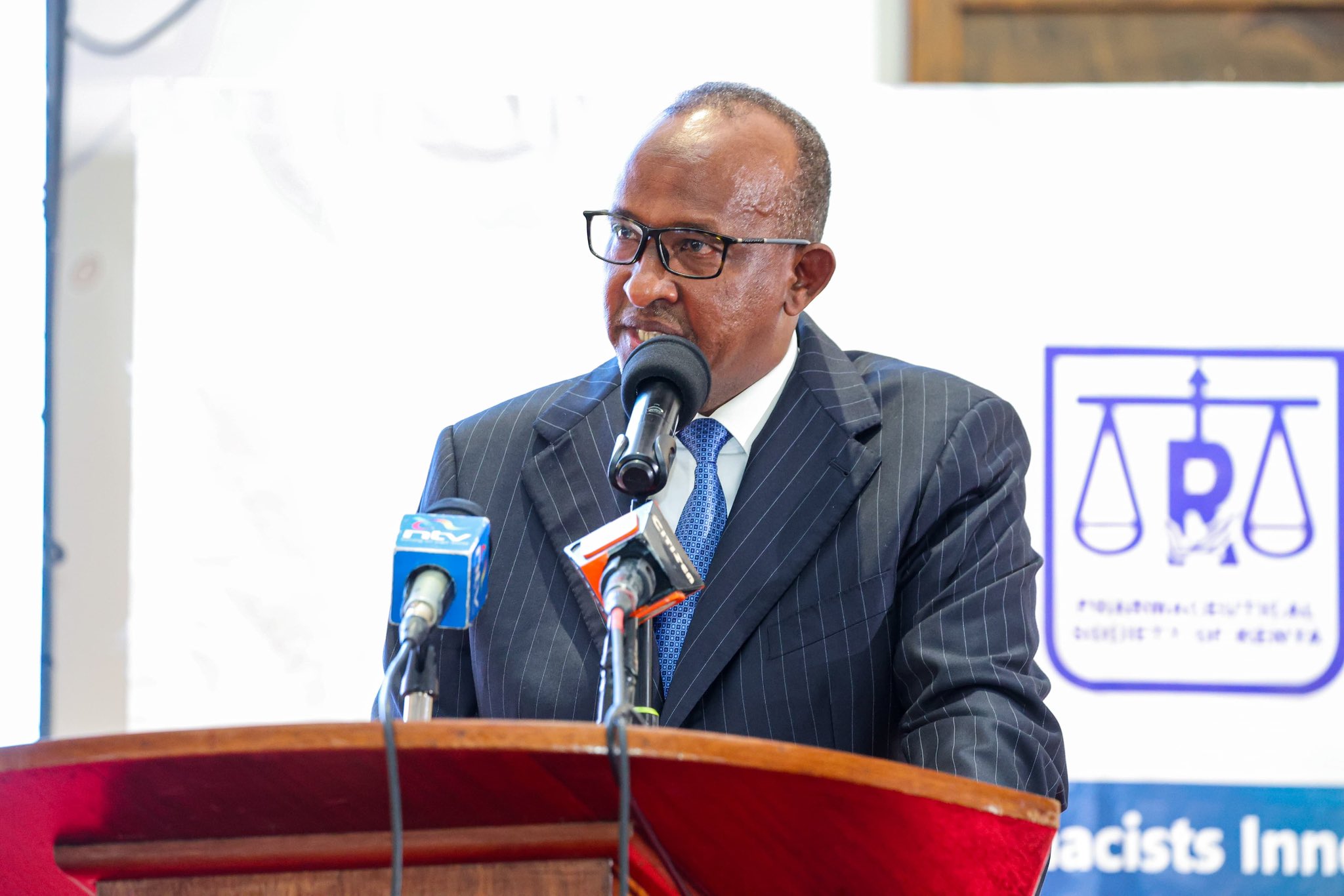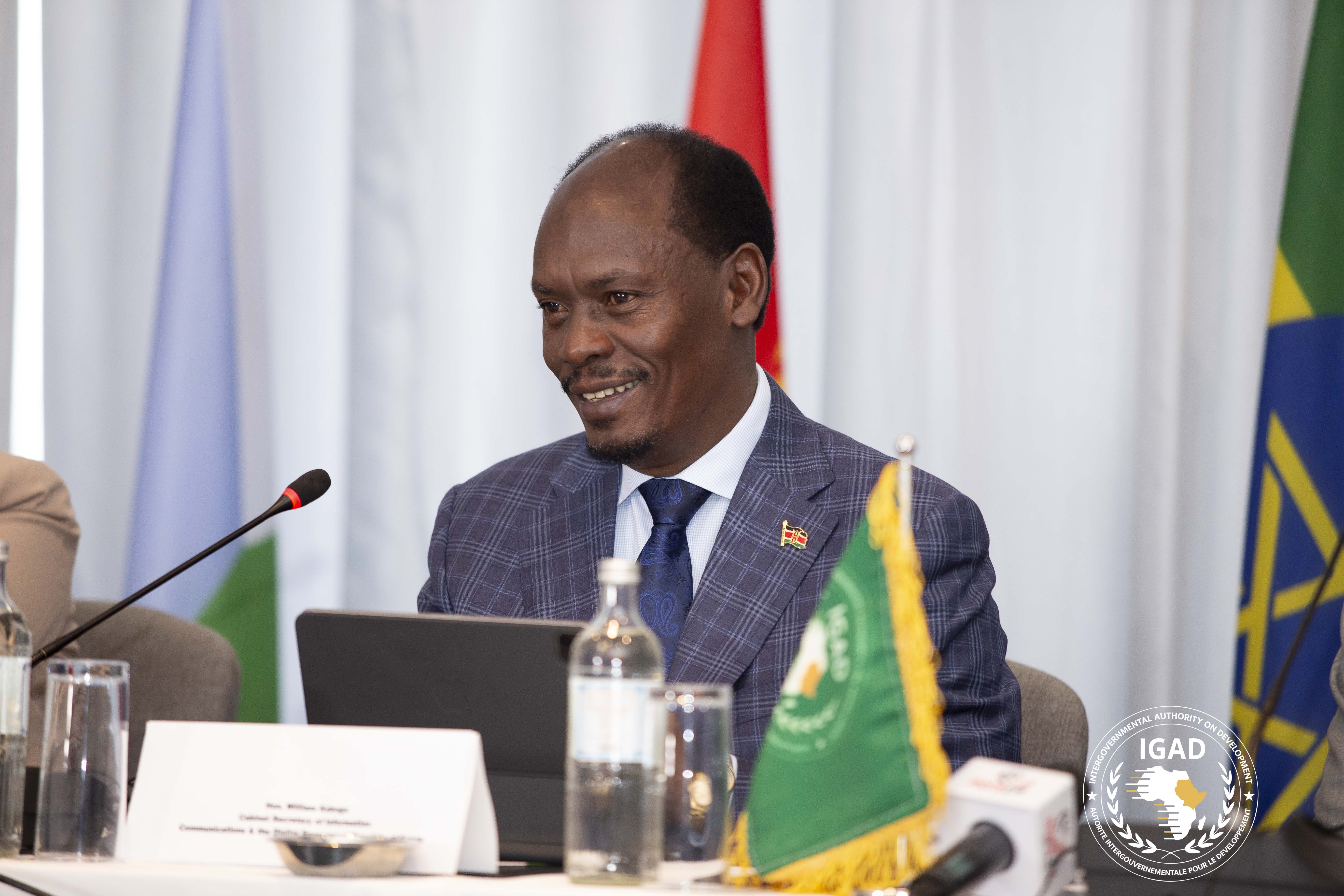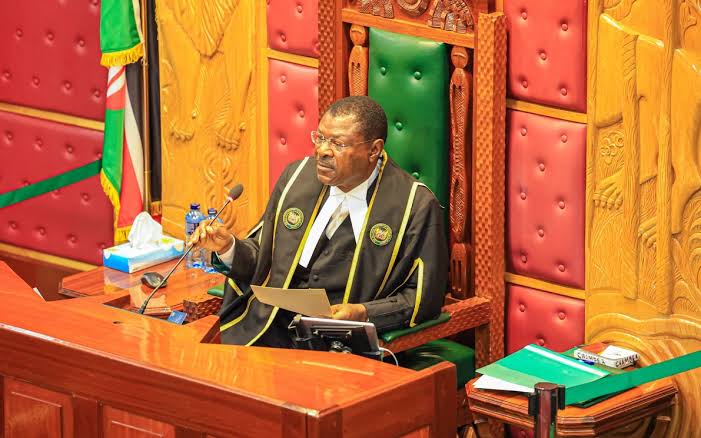Kimilili Member of Parliament Didmus Barasa has waded into the ongoing national debate on police conduct, strongly defending the National Police Service against widespread accusations of brutality and excessive force. His remarks come at a time when Kenya is grappling with public outrage following reports of police shooting unarmed protesters during recent demonstrations.
Speaking in a candid interview with a local radio station on Wednesday, June 18, 2025, Barasa painted a picture of a demoralized and misunderstood police service, arguing that law enforcement officers have increasingly become victims of unfair criticism and public hostility, despite putting their lives on the line to protect Kenyans.
“Today, the most worried people in this country are our police officers,” Barasa said. “They are tasked with a constitutional mandate to safeguard lives and property, yet many of them are now facing jail terms, criminal charges, or have lost their jobs simply for doing their work.”
Barasa admitted that there have been instances of misconduct, including the controversial shootings of unarmed civilians. However, he urged the public to assess such cases individually, rather than condemning the entire police service. According to the MP, the narrative that police officers routinely shoot civilians without provocation is not only misleading but also dangerous.
“We must reflect seriously as a country,” he emphasized. “We cannot vilify the police based on isolated incidents. No well-trained officer wakes up and decides to pull a trigger on an innocent person. We need to understand the pressures they face and the context within which they operate.”
Barasa emphasized the need to strike a balance between upholding civil liberties and maintaining law and order. He noted that while Kenyans have the constitutional right to protest and express themselves, those freedoms must not infringe on the rights and safety of others.
“During demonstrations, we have witnessed incidents of looting, destruction of public and private property, and even physical confrontations with officers. In as much as we demand restraint from the police, let us also hold citizens accountable for their actions,” Barasa noted.
On the issue of accountability, the legislator expressed his support for prosecuting officers found guilty of abusing their powers. However, he was quick to caution against generalizations, urging Kenyans not to paint the entire police service with one brush.
“Individual officers who have broken the law must face justice. But we should not punish the entire force. Calling for mass resignations or arrests of all officers over the actions of a few is not only irresponsible, but it also undermines the authority and morale of our security services,” he said.
Barasa also highlighted the often-overlooked violence and harassment that some police officers face from civilians during protests. He pointed to a recent viral video from Bungoma County, where a young female protester was seen confronting and allegedly attempting to slap a female police officer who was armed but chose not to retaliate.
“That video was disturbing,” he remarked. “Imagine the kind of restraint it takes for an armed officer to stand still as someone attempts to slap them. This level of public aggression and disrespect toward our law enforcers is unacceptable and must be addressed.”
He concluded by calling for calm, dialogue, and reforms that promote accountability on both sides—among police officers and citizens alike. According to Barasa, genuine national healing and progress will only come when justice is pursued fairly, and when respect for the rule of law is maintained across all levels of society.
“Let’s be honest with ourselves. If we destroy the morale of the police today, tomorrow we’ll be crying that there’s no one to protect us. What we need is balanced, responsible oversight—not political witch hunts or emotional outbursts,” Barasa concluded.


